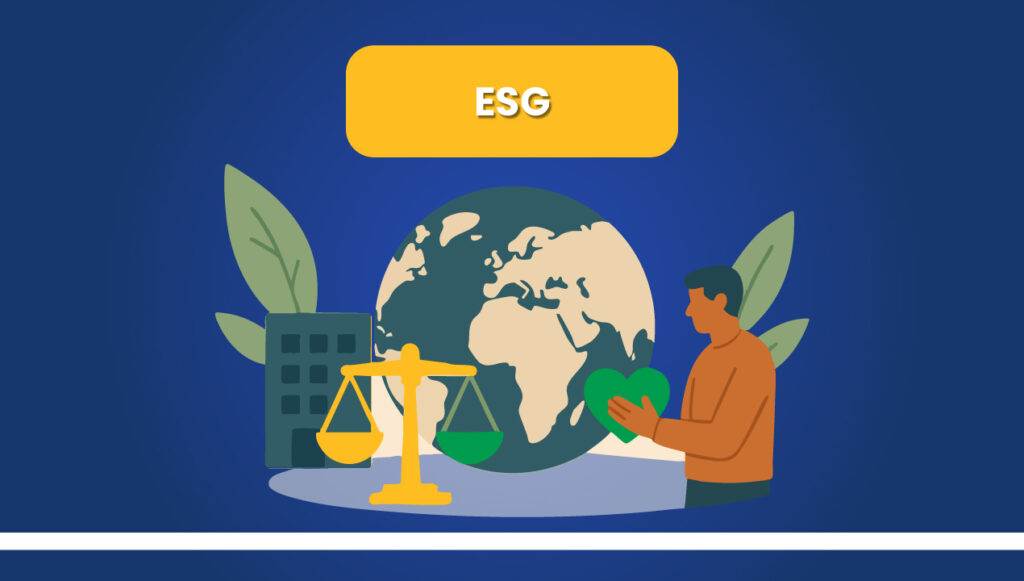India’s Green Budget 2025: A Strategic Push Toward Sustainable Growth
India’s 2025-26 Union Budget signals a pivotal shift toward environmental sustainability, with a strong alignment to the nation’s Sustainable Development Goals (SDGs). In a strategic move, the government has increased the Environment Ministry’s budget by 9%—raising it to ₹3,413 crore—underscoring its commitment to climate resilience and eco-conscious growth. This budget stands out not just for its monetary allocations but for its integrated approach across sectors such as renewable energy, green finance, electric mobility, sustainable agriculture, and climate adaptation.
Why It Matters
In an era where businesses are increasingly being evaluated on their environmental, social, and governance (ESG) performance, the 2025 Budget provides a policy roadmap for corporate India to align with global sustainability standards. From green hydrogen incentives to rooftop solar initiatives, this budget lays the groundwork for long-term environmental stewardship and economic innovation. It highlights the importance of green finance, EV infrastructure, circular economy models, and support for biodiversity and afforestation—making sustainability not just a goal, but a shared responsibility.
Key Highlights from the Budget:
- Electric Vehicles & Renewable Energy: Expanded support for solar, wind, hydro, and green hydrogen projects, alongside incentives for EV adoption and battery storage, demonstrates a push for clean energy transitions.
- Sustainable Agriculture: Initiatives like PM Dhan-Dhaanya Krishi Yojana and Aatmanirbharta in pulses aim to boost food security and regenerative farming practices.
- Green Finance: Tax incentives for green bonds and carbon trading markets aim to bolster environmental investment transparency and accountability.
- Circular Economy & Waste Management: Policies promoting waste-to-energy projects, stricter EPR (Extended Producer Responsibility) norms, and improved plastic waste management emphasize a zero-waste vision.
- Climate Resilience: Enhanced disaster management systems and early warning infrastructure address the growing risks posed by climate change, especially in coastal and flood-prone regions.
- Healthcare & Education for Sustainability: With over ₹90,000 crore allocated to healthcare and ₹1.28 lakh crore to education, the budget promotes human development alongside ecological welfare.
- Technology & Critical Resources: Investments in digital infrastructure and the Critical Minerals Mission position India to lead in clean tech and green innovation.






